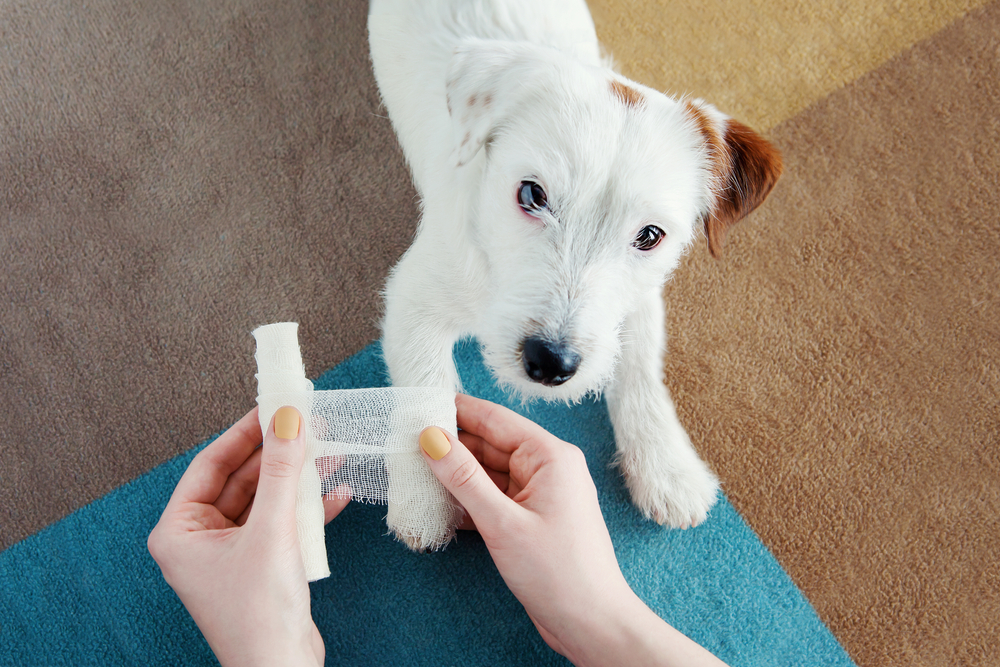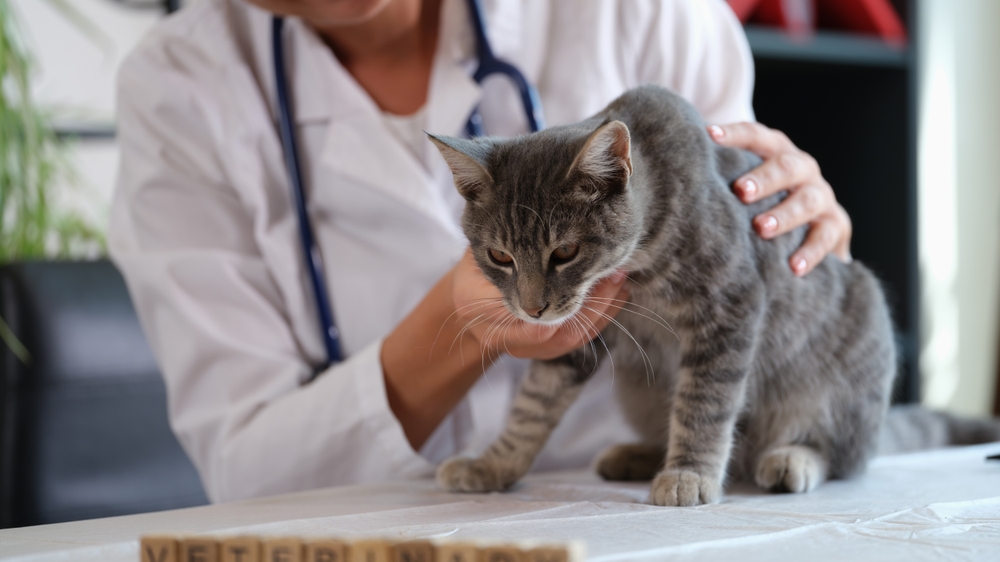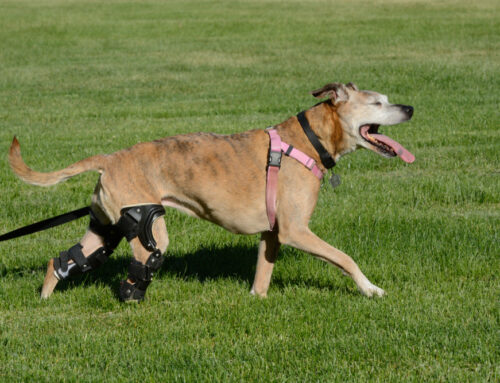Accidents, injuries, and illnesses are an unfortunate part of life, including your pet’s life. If your furry pal is injured or ill, understanding what to do and where to go for help is vital, because in critical situations, immediate veterinary care can make all the difference to your pet’s outcome. Veterinary Medical Center of Indian River County explains the key differences between pet emergency services and urgent care to help you and your pet should the unthinkable happen.
Veterinary emergency services
Veterinary emergency room (ER) services handle life-threatening situations and medical emergencies that require immediate attention and often occur outside regular veterinary clinic hours. These facilities, including the Veterinary Medical Center of Indian River County, are equipped with state-of-the-art diagnostic tools and staffed with experienced veterinarians and technicians specializing in triage and emergency medicine.
The principal features of veterinary emergency services include:
- Open availability — Emergency vet services operate around the clock, including weekends and holidays, so help is always available when your pet needs it the most.
- Advanced medical technologies and equipment — Like human hospital ER units, veterinary emergency hospitals are equipped with leading-edge diagnostic equipment, such as X-ray machines, ultrasound scanners, oxygen machines, and laboratory facilities, enabling prompt and accurate diagnosis of critical conditions.
- Specialized expertise — The veterinarians and staff at veterinary ERs have specialized training in emergency medicine, and with their expertise, they can swiftly assess and treat a wide range of urgent medical conditions, including trauma, poisoning, emergency surgeries, and severe illness, and prevent the spread of contagious pathogens.
- Critical care suites — Emergency vet services often have dedicated critical care units where pets requiring intensive monitoring and treatment can receive round-the-clock care until they stabilize.
Pet urgent care
Pet urgent care hospitals provide veterinary services for non-life-threatening emergencies and urgent medical conditions that require prompt attention but do not necessarily qualify as emergencies. Pet urgent care facilities typically operate during regular business hours, although some offer extended hours, including evenings and weekends. Depending on your pet’s medical situation, pet urgent care hospitals may accommodate you with a same-day appointment.
Notable features of pet urgent care include:
- Extended hours — While pet urgent care facilities are not open 24 hours per day, seven days a week, they do offer more extended operating hours than regular veterinary clinics. This makes them a convenient option for pet owners seeking prompt care for their pets outside normal business hours.
- Prompt attention — Pet urgent care centers prioritize prompt attention to urgent medical concerns, such as minor injuries, sudden illnesses, and non-critical conditions. They typically prioritize patients according to the seriousness of their medical needs, and how urgently they need a diagnosis and treatment.
- Diagnostic services — Pet urgent care includes basic diagnostic services, such as X-rays and laboratory tests, to aid in diagnosis and treatment. Their facilities generally have the same equipment and provide the same services as a regular veterinary clinic.
- Primary care services — Pet urgent care clinics are a good choice if your pet needs regular veterinary services, such as vaccinations, preventive care products, or a routine physical, but you need care outside normal hours.
Choosing between veterinary emergency services or pet urgent care

Knowing where to take your pet when they are sick or injured depends on the seriousness of their condition. Take your pet to an emergency hospital if your pet is experiencing any of the following:
- Serious trauma (e.g., hit by a car, falling from a height)
- Excessive bleeding
- Difficulty breathing
- Poison ingestion
- Inability to urinate or defecate
- Abdominal bloating or extension
- Pain
- Bite from a wild animal
- Inability to stand or walk
- Bleeding from the ears, nose, or rectum
- Eye injury
- Collapse
- Trouble giving birth
- Unexplained seizures
But, what if your pet has a non-life-threatening but urgent medical concern, such as a sudden illness, allergies, upper respiratory infection, or minor injury? In that case, pet urgent care may provide the prompt attention and care your pet needs.
Veterinary emergencies can happen anytime, and knowing how to respond can positively impact your pet’s outcome. We recommend keeping a pet first aid kit alongside your pet’s medical records, leash and collar, and carrier. The American Red Cross offers online pet first aid training classes that will help you know what to do in any pet emergency.
Our furry pals would always be healthy and accident-free in a perfect world. However, knowing the care they need in a variety of medical situations is critical. If your pet is ill or injured, don’t hesitate to call Veterinary Medical Center of Indian River County. We can advise you on the care your pet needs and the appropriate facility, or help your pet ourselves.







Leave A Comment